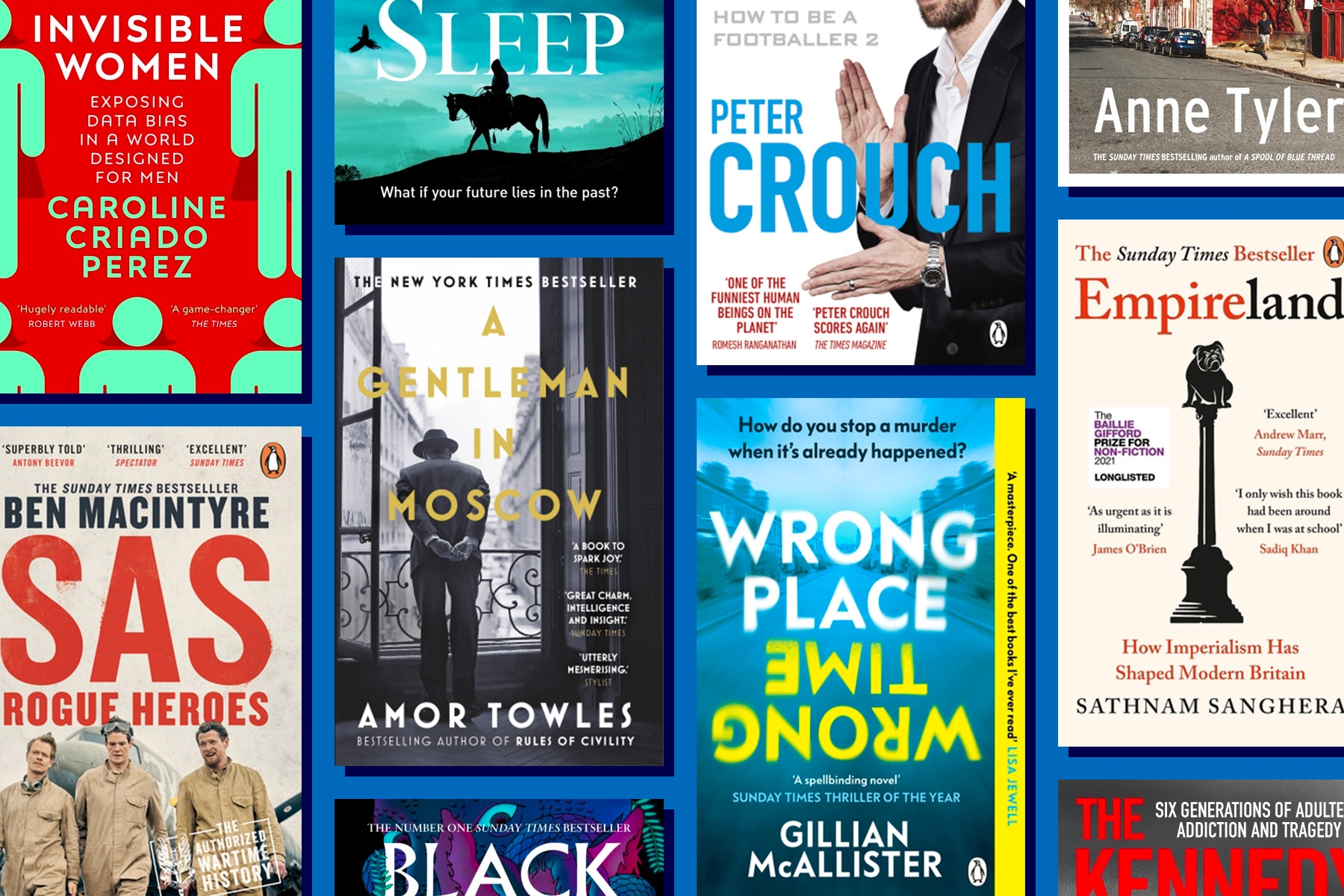Yotam Ottolenghi

Praise for Ottolenghi Test Kitchen: Extra Good Things
'Ottolenghi's test kitchen under a railway arch, where he and his team conjure up new recipes, has always felt like my version of Dahl's chocolate factory, and its spirit inhabits Ottolenghi's Instagram accou ...
Marina O'Loughlin, Sunday Times
It is astonishing that after all these years of producing the most inventive cookbooks around, Yotam Ottolenghi never seems to run out of ideas. His secret is partly that he has such a good team behind him: the Otto ...
Bee Wilson, The Times
The second book from the OTK team, bursting with colour, flavour and so many recipes you'll want to cook - everyone a winner.
Delicious Magazine
'Ottolenghi's test kitchen under a railway arch, where he and his team conjure up new recipes, has always felt like my version of Dahl's chocolate factory, and its spirit inhabits Ottolenghi's Instagram accou ...
Marina O'Loughlin, Sunday Times
It is astonishing that after all these years of producing the most inventive cookbooks around, Yotam Ottolenghi never seems to run out of ideas. His secret is partly that he has such a good team behind him: the Otto ...
Bee Wilson, The Times
The second book from the OTK team, bursting with colour, flavour and so many recipes you'll want to cook - everyone a winner.
Delicious Magazine
'Ottolenghi's test kitchen under a railway arch, where he and his team conjure up new recipes, has always felt like my version of Dahl's chocolate factory, and its spirit inhabits Ottolenghi's Instagram accou ...
Marina O'Loughlin, Sunday Times
It is astonishing that after all these years of producing the most inventive cookbooks around, Yotam Ottolenghi never seems to run out of ideas. His secret is partly that he has such a good team behind him: the Otto ...
Bee Wilson, The Times
The second book from the OTK team, bursting with colour, flavour and so many recipes you'll want to cook - everyone a winner.
Delicious Magazine




